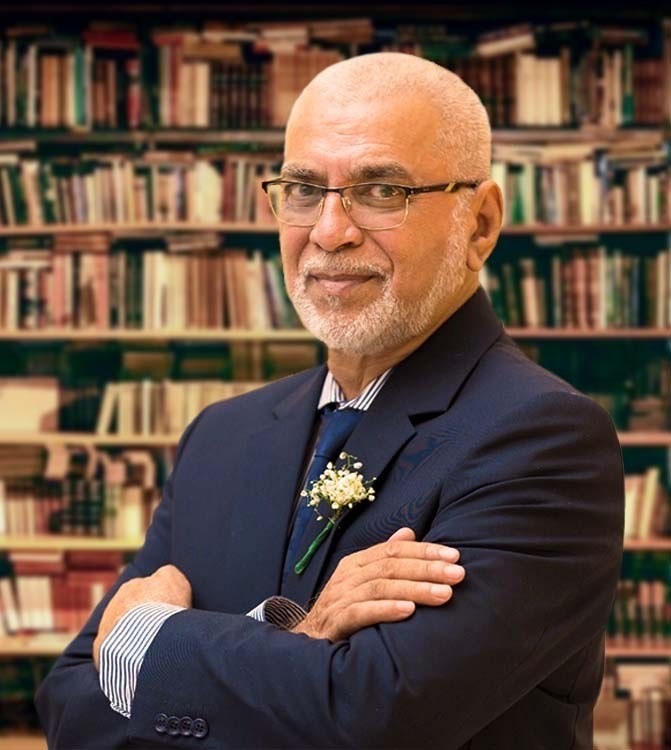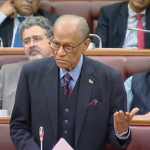Our Mosques have the biggest unutilized potential and a more active role to play in the growth of our Ummah. Mosques are everywhere, they come in all shapes and sizes and even in remote villages. Most of the Mosques have been built by philanthropist Muslims and is maintained by the donations of the community, some are run by trusts, some have assets which fund its maintenance and some are owned by rich people. All in all, Muslims have a soft corner for Mosques and consider it a big Sawaab (benefit) to erect one. During early Islamic days the Mosque was a hub of activity, whenever a group of Muslims arrived in a new city, they set up a Mosque, wherein persons would be available 24 hours a day. New people interested to learn about Islam would come there and pose questions or sit and learn about Islam. The Mosque was the Open University of Islam, not just a place of prayer and it was the most important place of congregation of the local Muslim community, 5 times in a day. Imagine all Muslims meeting at one place 5 times in a day… No wonder we were the most united of all communities in the world. Muslims need to be reminded that the world’s first university, The University of Al Qarawiyinn, was constructed in Morocco by a woman princes Fatima al-Fihri in a Masjid in Morocco.
Sadly, our mosques are fully operational only during the glorious of Ramadan. However, many of the Muslims who are used to worshipping Almighty Allah during Ramadan by offering Tarawih, remembering Allah, and reciting the Quran do radically change after Ramadan. They abandon these good acts, succumb to worldly temptations, and fall back where they were before Ramadan. The mosques we see full of worshipers in Ramadan become almost empty. There are only a few who attend prayers in the mosque and this atmosphere is gone, people return to the habitual routine and most of our Mosques become again the biggest unutilized potential.
The first thing our Prophet (s.a.w.) did when he arrived in Madinah was to construct Mosque Quba on the outskirts of Madinah. Later, he constructed Mosque-e-Nabawi in Madinah. In the Mosque, used to pray, teach the Muslims their religion, distribute Zakat to the poor, discuss any big event affecting the Ummah and consult with his companions. Islam is a Way of life; religion is not separated from any aspect of life. Spiritual values of Peace, Integrity, and Guidance are as important as material values in accordance with Allah’s commandments. For this reason, Mosques are constructed to serve as multi-functional centers of intellectual, spiritual, and cultural enlightenment of the Muslim community.
During the peak of Islamic civilization, the Mosque was an institution of learning that produced brilliant scholars and scientists. Students and scholars of the Mosque enriched Islamic ideological and intellectual legacy with volumes of masterpieces in both theoretical and applied sciences.
Nowadays, a high degree of ritualism that has pervaded many Mosque managements’ attitude toward the Mosque. They have developed the restricted vision in which mosques are imagined as purely religious buildings fit for worship alone, the Salaat (payers) and khutba (sermon) are seen as part of a ritual which needs to be fulfilled only. The Mosque must regain its strategic position in shaping the future generations of Muslims. The Prophet (s.a.w.) resolved conflicts between the people in the Mosque. Some of his great companion sat around him to learn how he ruled between the conflicting parties; either between Muslims or between Muslims and others. The Mosque served as the court-house where people came to seek justice and settled grievances. It also housed the Bait-ul-Maal (The Treasury) to keep funds for the orphans and the needy.
One of the functions of the Mosque was that it served as a clinic for the wounded in some of the early battles of Islam. In the early periods of Islam, issues of importance to the Ummah were discussed in the Mosques. The Prophet’s Mosque served the role of today’s parliaments and councils of elders. Most of the consultative councils were held in the Mosque.
The Prophet’s Mosque served as home and shelter for guests and travellers. It had a shaded area at the back where the homeless and the poor live. Abu Hurayrah and another poor companion known as Ahl al-Suffah lived in the courtyard of the Prophet’s Mosque.
The wealthy members brought their donations to the Prophet’s Mosque which served the role of today’s charitable relief organizations in collecting the Zakat, and the Sadaqah and distributing it to the needy.
Somewhere down the line, most of the Mosques became just a place of prayer, as is today. Hence it has lost its real place in our lives, we just go there, offer our prayer and get out within 15 minutes. What we need to do is recognize the fact that the Mosque has played a pivotal role in the establishment, maintenance and growth of Islam in the past, and we need to bring back this system into our Mosques today. We should have people in the Mosque 24 hours a day, who offer to teach you various things pertaining to religion and other knowledge-based tools. It should offer to solve our problems, answer questions, give you announcements, call for meetings, collect data about local Muslims, offer help to the poor, provide employment to the needy, be a source of contacts, collect and distribute Zakat, make Haafiz and Alims and give tuitions. You see, the infrastructure already exists around the world, in the smallest of villages and the largest of cities, we are only grossly underutilising its potential to do wonders with the Ummah.
By Bashir Nuckchady




![[Yoga] A shared legacy, a shared future](https://sundaytimesmauritius.com/wp-content/uploads/2025/06/Yoga-Article-HC-218x150.jpg)
![[Khutbah – La Réflexion du Vendredi] Tawakkul, la confiance absolue en Allah (swt)](https://sundaytimesmauritius.com/wp-content/uploads/2025/06/Tawakkul-218x150.jpg)

![[Poetry corner] In memory of my friend Swabir Goodur](https://sundaytimesmauritius.com/wp-content/uploads/2025/04/CASAM-218x150.jpg)
![[Doha Football Academy] Eid Cup 2025](https://sundaytimesmauritius.com/wp-content/uploads/2025/06/c34ff12a-6673-4967-9709-cd171a61efd6-1024x683-1-150x150.jpg)
![[Ex-parlementaires] Les manifestants du MSM renonceront-ils à leur pension ?](https://sundaytimesmauritius.com/wp-content/uploads/2025/06/pic-150x150.jpg)


![[Doha Football Academy] Eid Cup 2025](https://sundaytimesmauritius.com/wp-content/uploads/2025/06/c34ff12a-6673-4967-9709-cd171a61efd6-1024x683-1-100x70.jpg)
![[Ex-parlementaires] Les manifestants du MSM renonceront-ils à leur pension ?](https://sundaytimesmauritius.com/wp-content/uploads/2025/06/pic-100x70.jpg)
